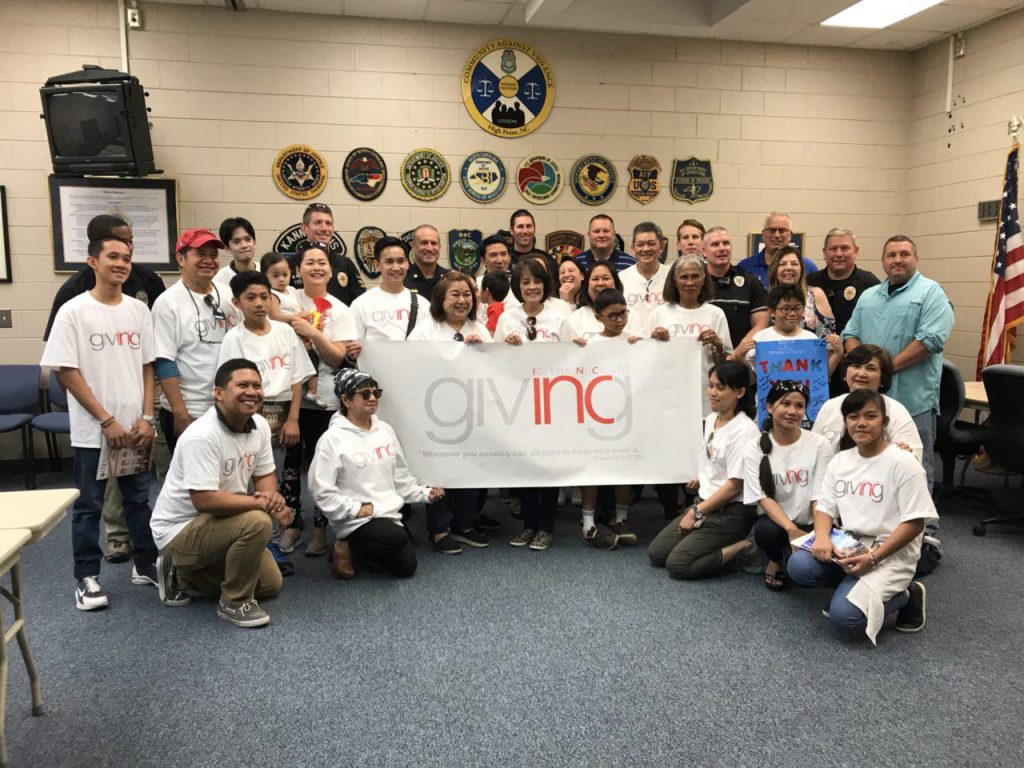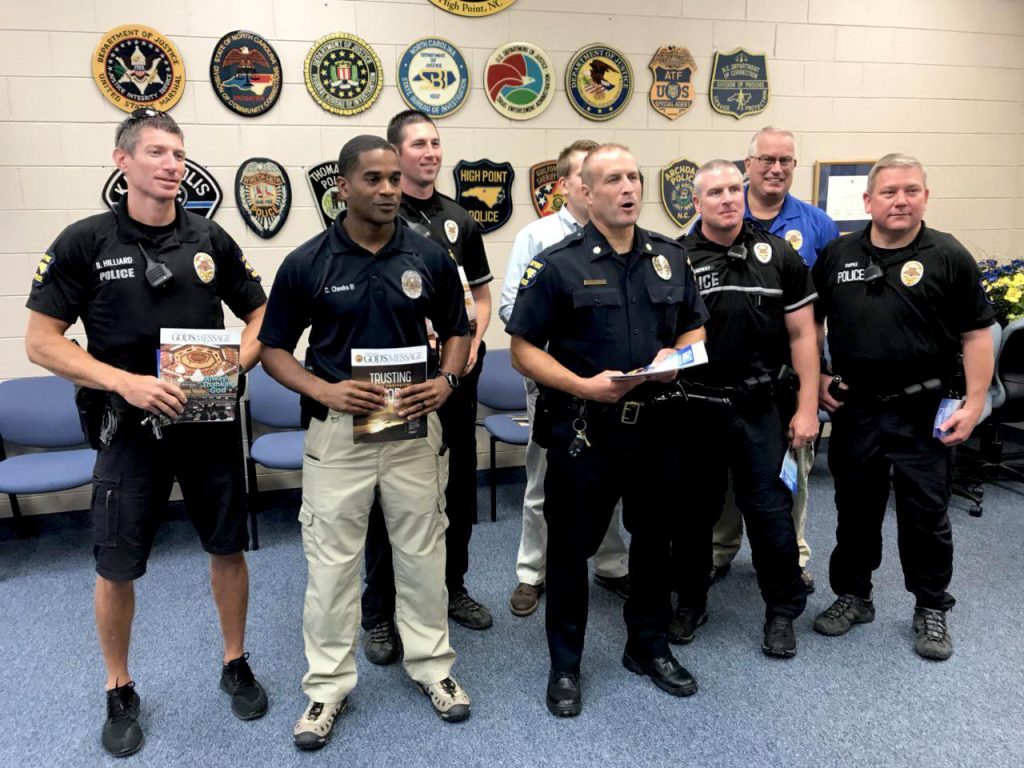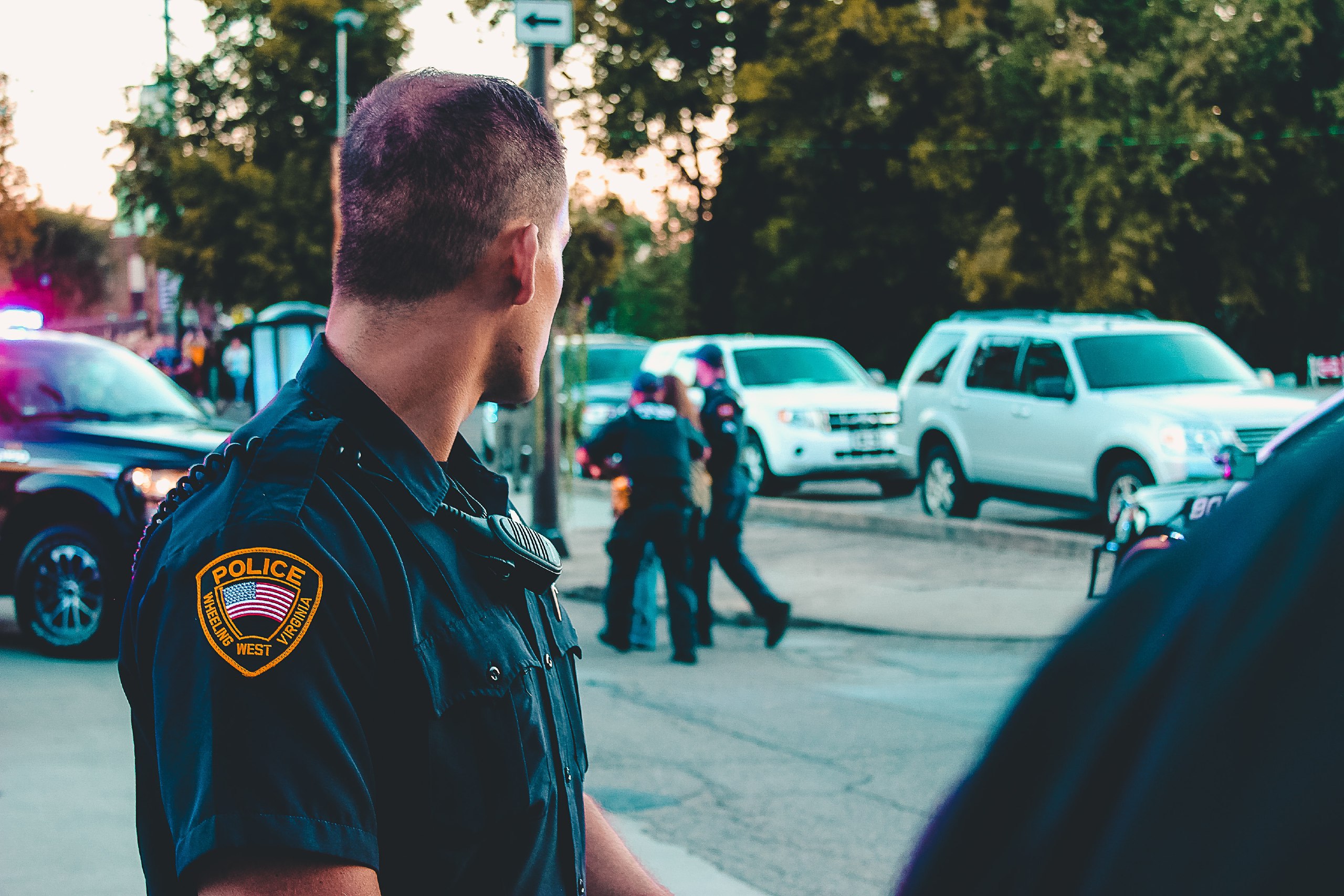They may have pulled you over on our daily commute for going that extra 10 mph over the speed limit; or maybe you saw them directing traffic from an unfortunate 3-car pile up on the side of the highway or keeping order at the concert you went to last month. Who would these public workers be? You guessed correctly, police officers.
Hopefully, your last interaction with them was a friendly observance of them performing one of the many functions that duty calls them to, and not to impose direct force on you from an infringement, or God-forbid be one of the individuals you faintly remember from that life-threatening or tragic incident.
Why Police Officers Deserve our Thanks
We will never be obligated to appreciate them for their service, but here are a few reasons why thanking a police officer could provide us another layer of comfort as we step outside our front door and into the world.
#1. They serve us, the community.
In many communities, police and law enforcement officers don’t only serve to protect or keep law and order. It’s said that law enforcement take the role of social workers, community organizers, counselors, protectors, mediators and even medical care providers.
Regardless of the reason, police officers respond to the call of duty. Recognized or not by people like you and me, they continue to serve at a moment’s notice, many times for things unseen. They’re here for us, people of their community. They don’t have to, but they choose to.
“We work day in and day out, and we tend to deal with the 5% of people who don’t necessarily want to see the police. We know the 95% of the people who do appreciate the police are out there, but it just solidifies it and makes it real, when people come and show appreciation like you guys did here today.”
– Sergeant Cory Ma // Calgary Police Station – District 3, North Haven.
Calgary Police Station, Canada
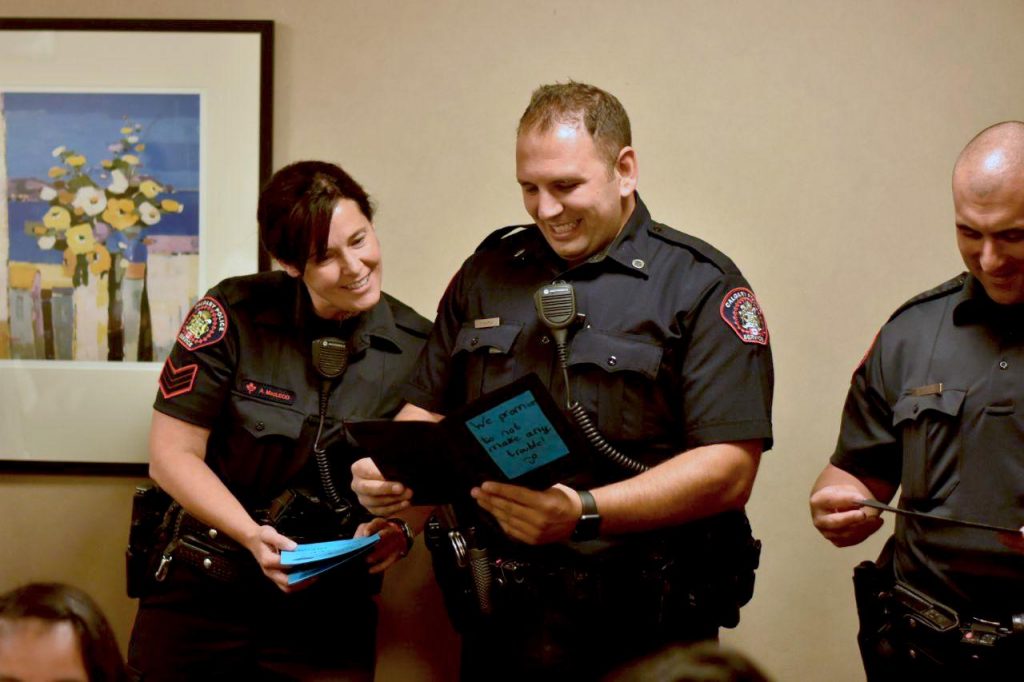
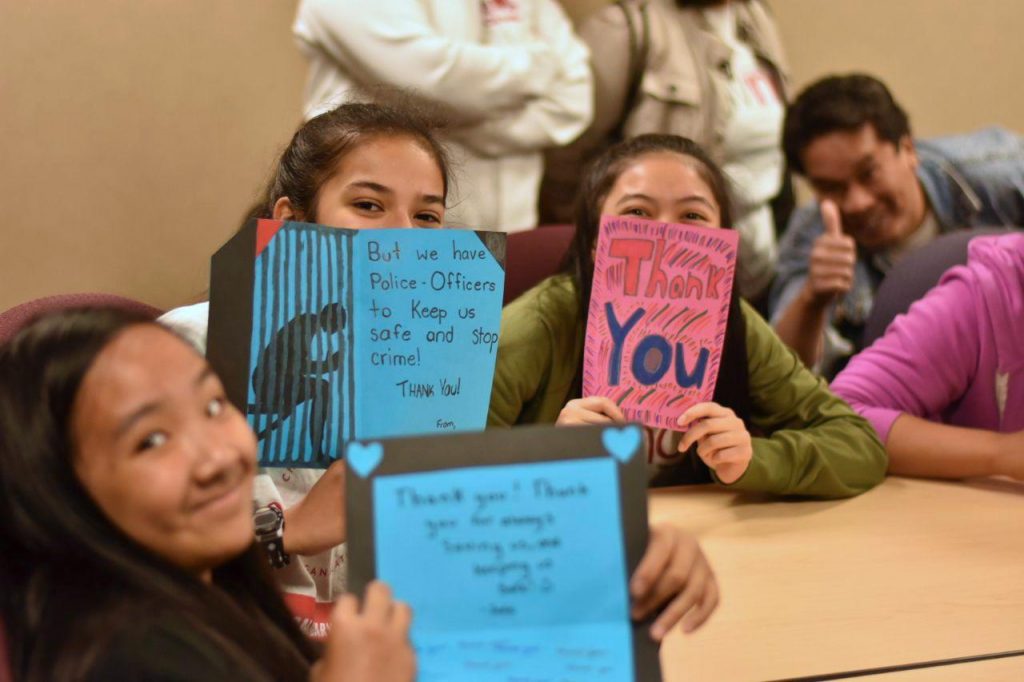
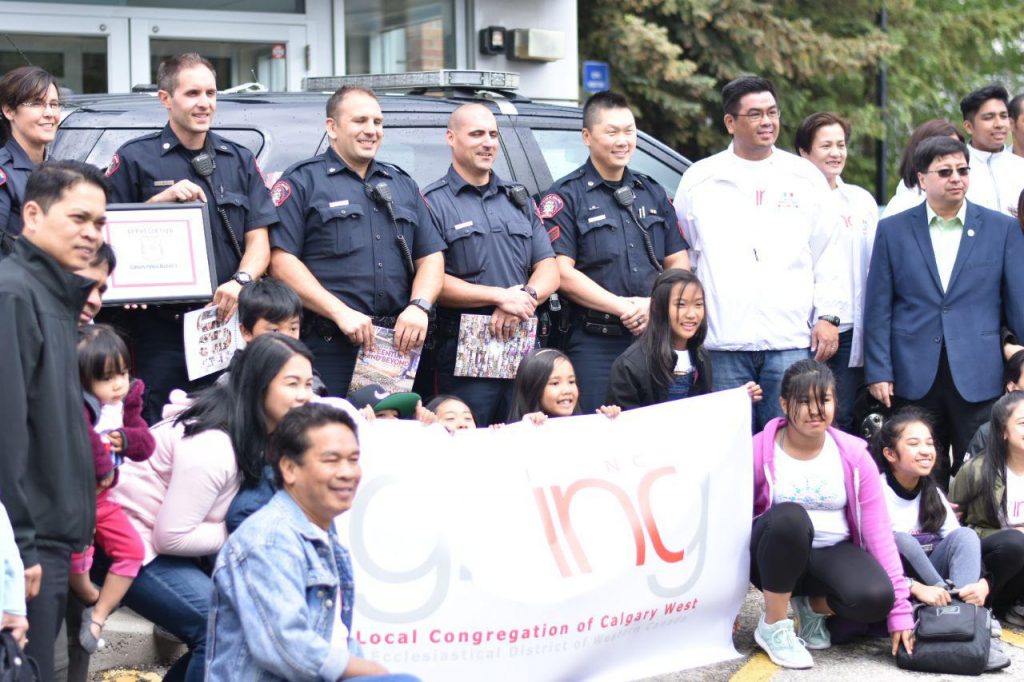
#2. They have family, as well.
Like any public service worker, police and first responders contribute long hours and constantly stay on the clock, many times at the expense of directly serving the needs of their own families.
But when an unfortunate situation strikes, and they become one of our few trusted confidants, or even just a symbolic representation of hope — we remember that they stood by our side. It’s their faces and their names that leave a lasting impression. Without question, we’re already family. They don’t have to be, but they choose to.
“It was (an event) where I got to sit down with a few ladies who could have been my mom or my grandmother … and a whole slew of little children who were just so excited to speak with a police officer … even when when guys went back to the station and were finishing up their work getting ready to go home and spend time with their real families, they were still commenting on how wonderful it made them feel to share a really great meal with people who stay right across the street.” – Lt. Allan Roman // Anaheim Police Department
Saskatoon Police Service, Canada
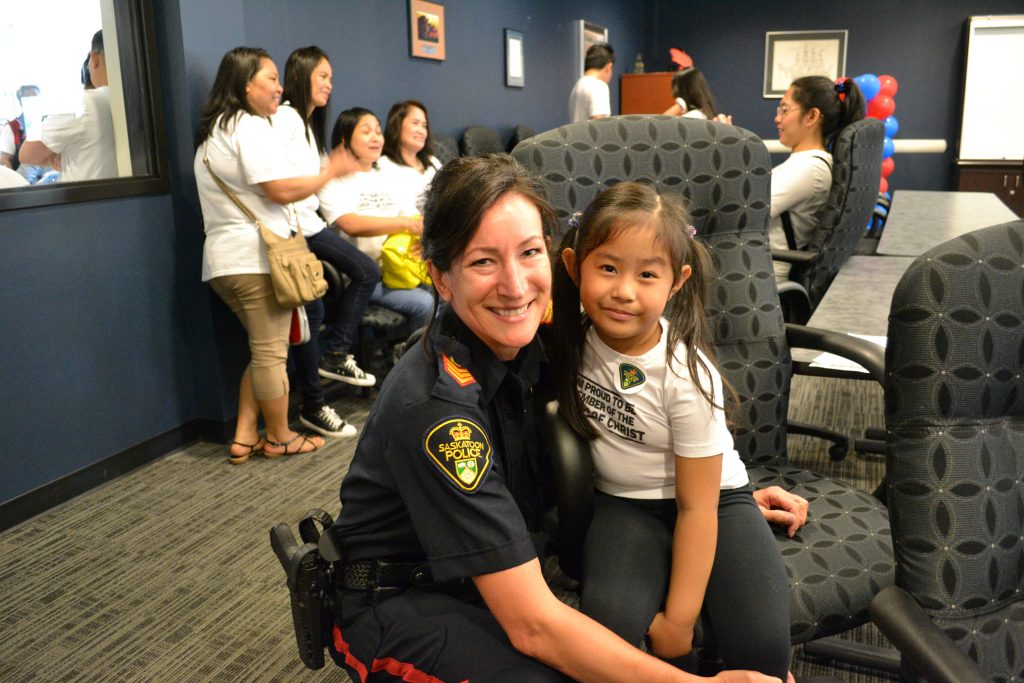
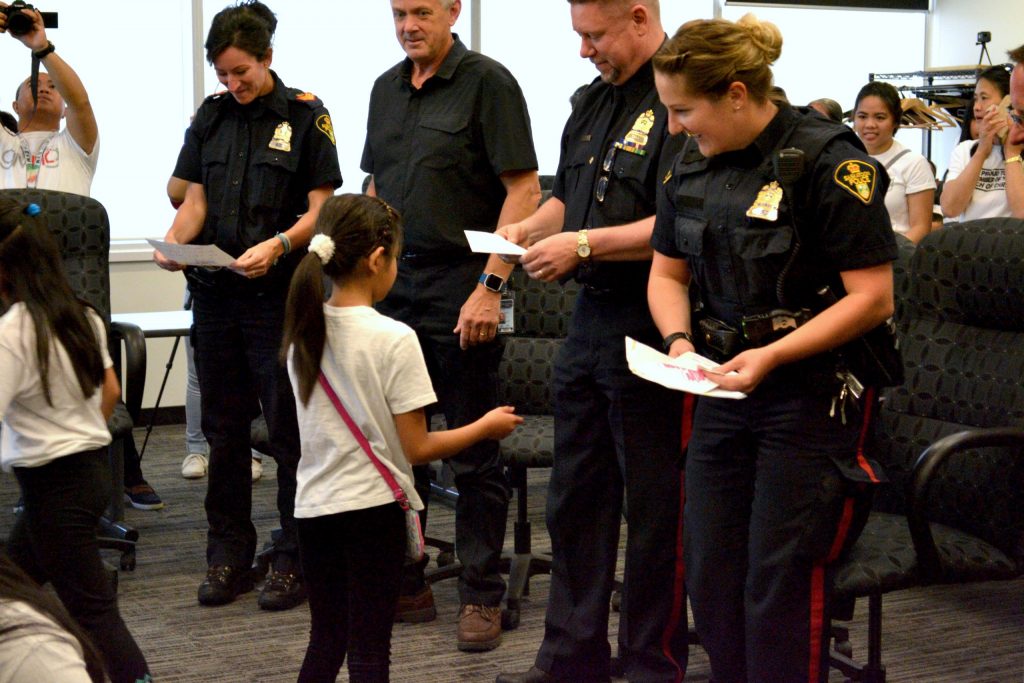
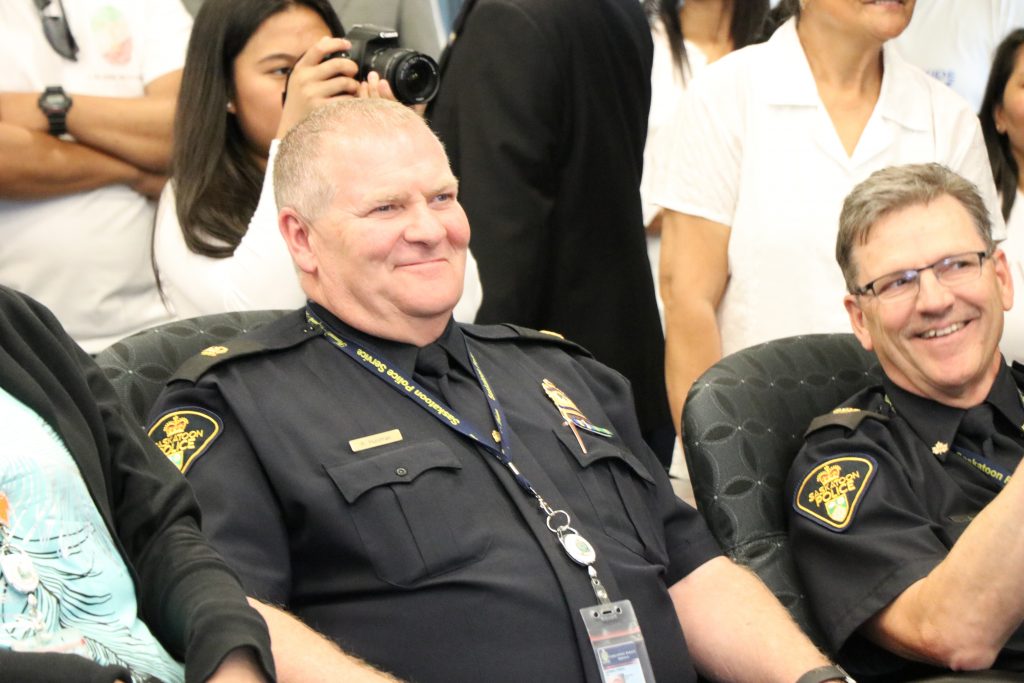
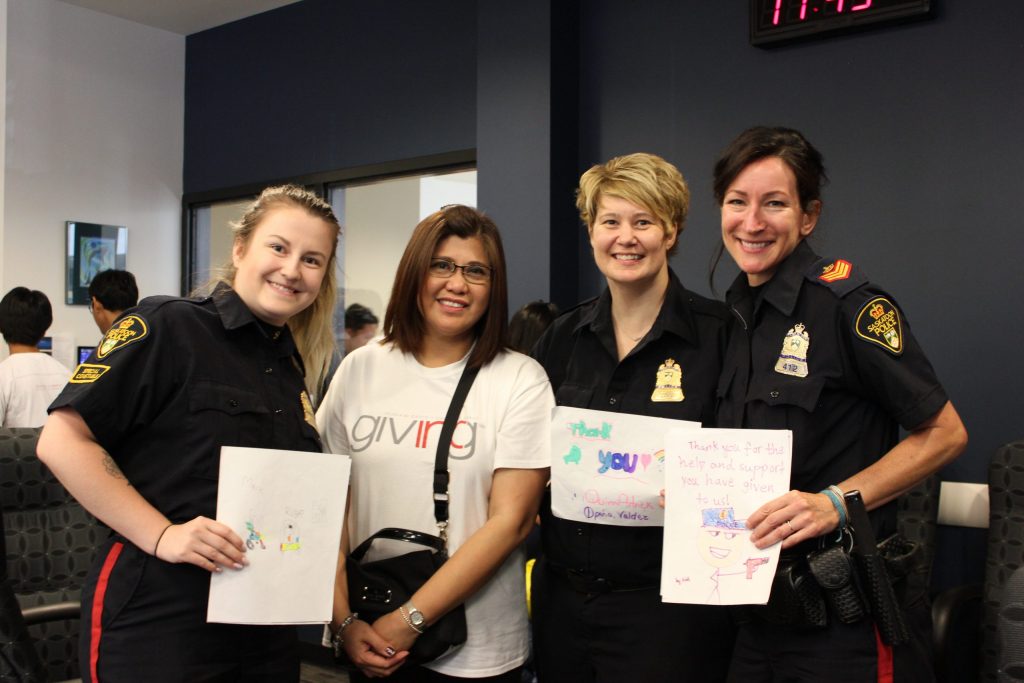
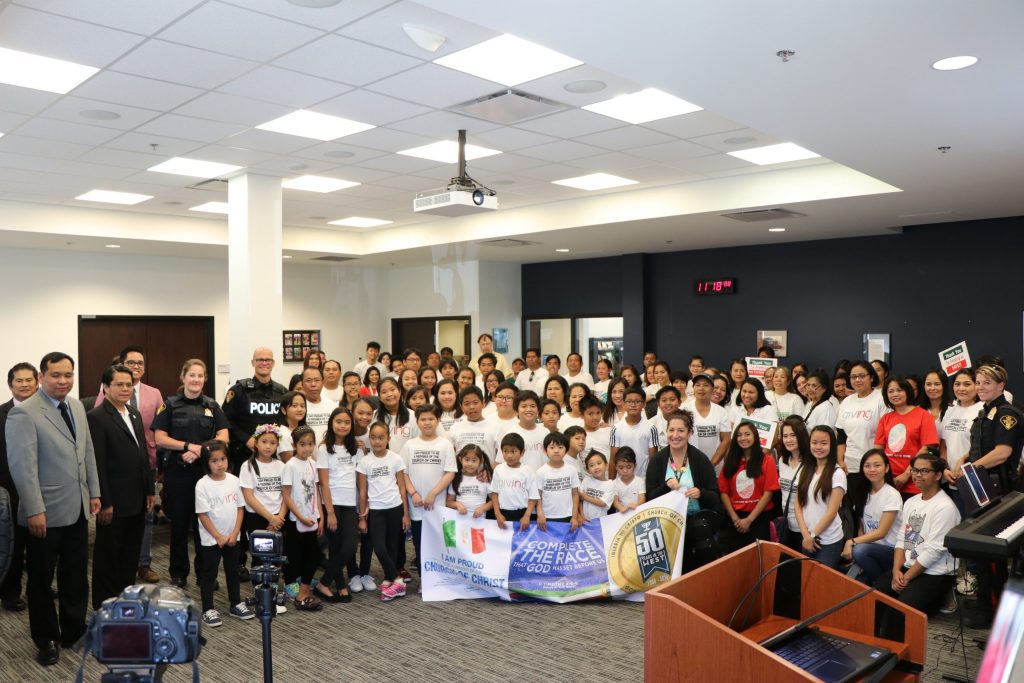
#3. We need each other
In as much as the community becomes an extended family for and with its local police or law enforcement branch, it’s understood that we will need each other.
Members of the Church Of Christ or INC Giving volunteers, for example, continuously make the constant conscious effort to open its doors to the families and neighbors within the communities it serves. Police officers are no different. With all types of public workers around the world, INC Giving volunteers host events and take time to ensure their local law enforcement and first responders know how much the Church values their time, and their sacrifice. Most especially with their youth. It’s an investment of trust that in the years to come both parties see as beneficial for the betterment of their communities. Families don’t have to introduce themselves or their children to police officers, or all neighbors, but many choose to.
“… it’s always a good experience to see the kids come in and be able to talk to them and try to give them positive influence … in an environment that’s safe, where they can see that there’s nothing to be afraid of … to be able to see their faces light up … it just makes our day, and we really really enjoy having groups like yours come and see us.” – Captain Phillip Orelli // Jacksonville Fire & Rescue, Station 30
“I think it’s important that we all support each other and always look for the good in everybody. It’s easy for people to focus on the negatives, but if we could all take a second to focus on something positive, it could take us a lot further in helping our community and helping each other.” – Sergeant Alana MacLeod // Calgary Police Station – District 3, North Haven
Washington, D.C.
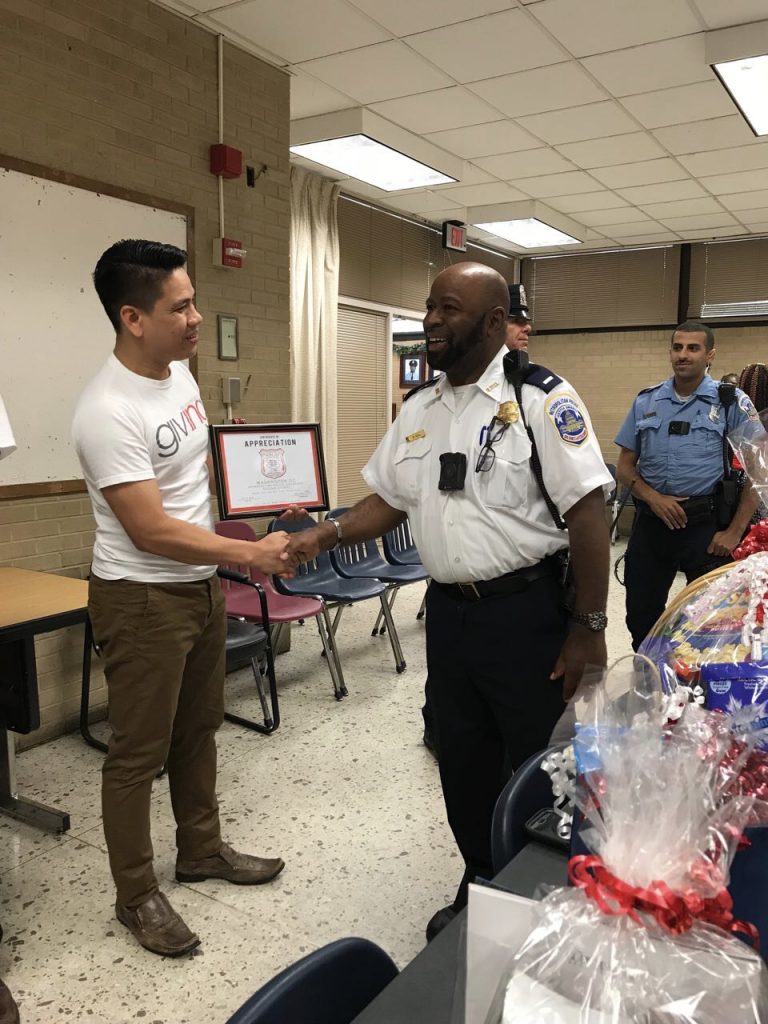
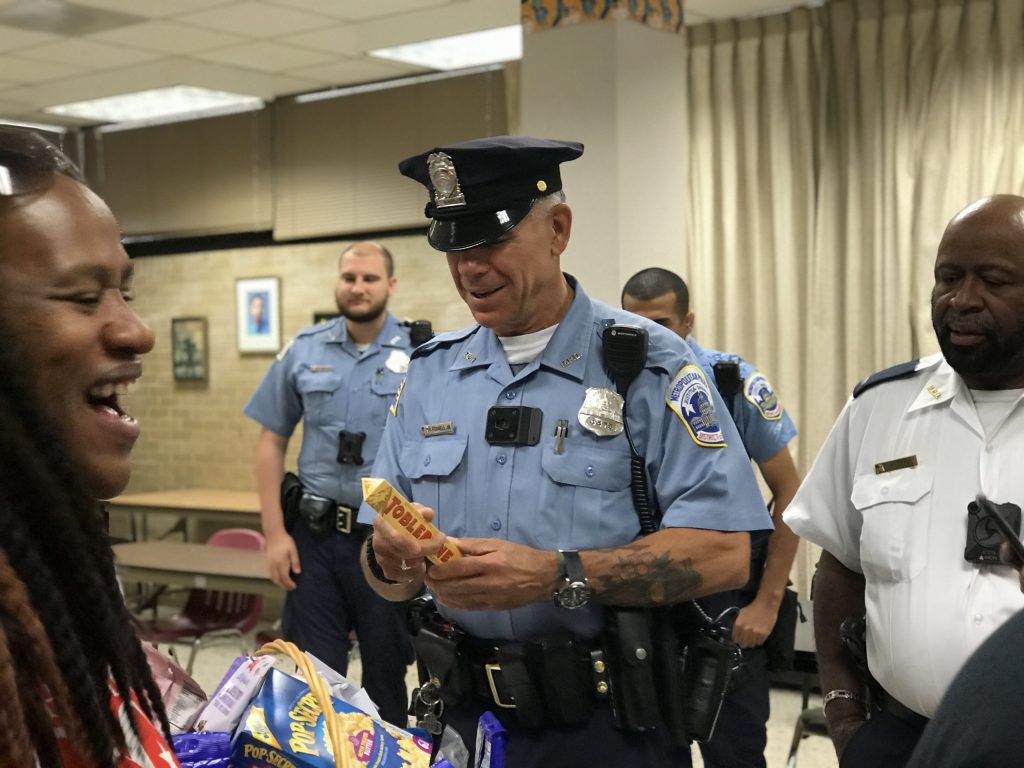
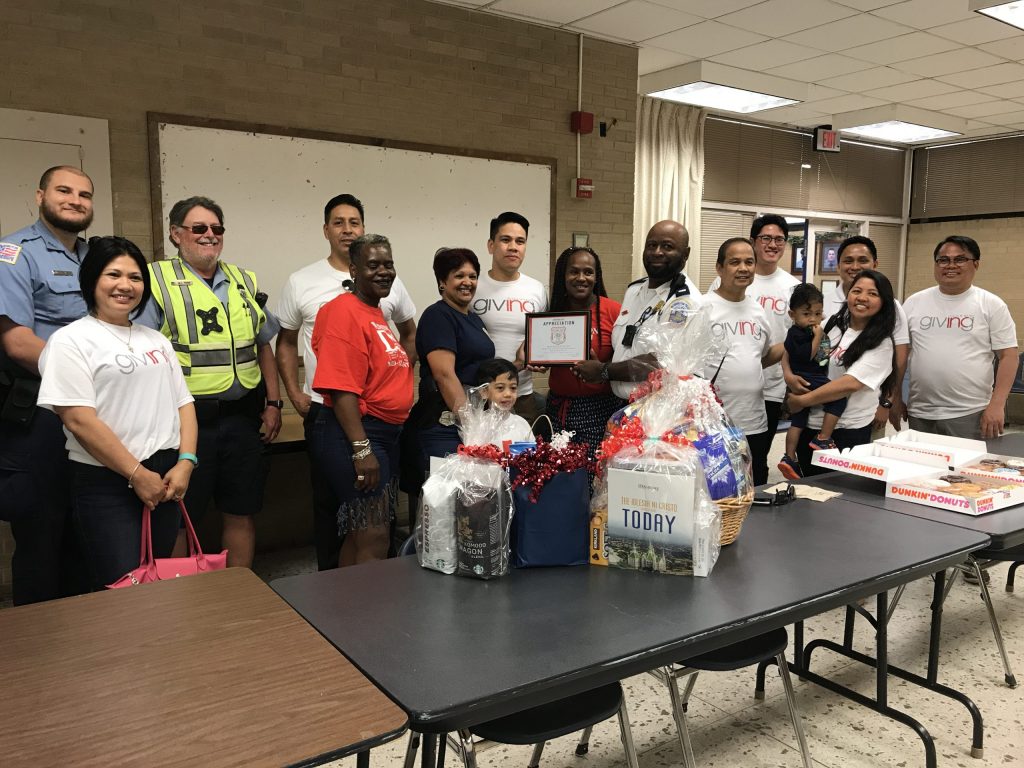
The Choice is Yours
“Thank you for your service,” is all it takes. Even a smile or another token of your appreciation could translate the same. This line carries a lot of weight to service workers everywhere. Whether it’s our mailman we see every day, or the family member returning from military deployment, or even our teacher we rush out of the classroom to leave without even a wave goodbye.
So although you don’t have to, and even if you may not see its impact directly, we hope you choose to appreciate a law enforcement or first responder today.
Need some help? Contact your local or District Christian Family Organization Officers, or email info@incgiving.org.
Whenever you possibly can, do good to those who need it. (Proverbs 3:27 GNT)
Highpoint, North Carolina
